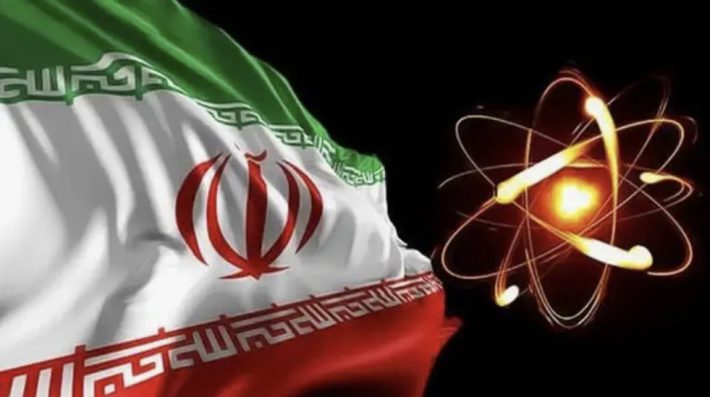A landmark NASA‑backed study reveals a startling truth — the world’s land is drying at record speed, threatening food security, water supply, and global stability
A planet‑wide water alarm has been sounded.
A groundbreaking study published in Science Advances reveals that the Earth’s land is drying out faster than at any time in modern history — a shift so profound it could reshape economies, agriculture, and even trigger geopolitical conflicts.
Using data from NASA’s GRACE and GRACE‑FO satellites, scientists tracked global water movement since 2002 and uncovered a disturbing pattern: the world’s dry regions are becoming drier far more quickly than wet regions are getting wetter.
Key Findings: The World Is Drying
- Continents are losing freshwater equal to draining an area twice the size of California every year.
- 75% of the world’s population — across 101 nations — now lives in regions where freshwater availability has declined sharply in just two decades.
- The Northern Hemisphere is hardest hit — from North America and Canada to Russia, Central Asia, the Middle East, Europe, and Northern China.
- Freshwater depletion on land is now a bigger driver of rising sea levels than the melting ice sheets of Greenland and Antarctica.
The Twin Culprits
Researchers point to a dangerous combination of:
- Climate change — driving prolonged droughts and shifting rainfall patterns.
- Human exploitation — reckless groundwater extraction, poor irrigation practices, and mismanaged water systems.
Why It Matters
If the current pace of water loss continues:
- Food supplies will shrink as agricultural productivity plunges.
- Cross‑border water wars could erupt in already tense regions.
- Mass migration may accelerate as millions are forced from parched homelands.
“This is not a distant warning — it’s happening now,” said one of the study’s authors. “Our water safety net is collapsing.”
A Global Call to Action
Experts urge urgent reforms in water management, massive investment in sustainable irrigation, and international cooperation to avert a future where water scarcity becomes the defining crisis of the 21st century.





